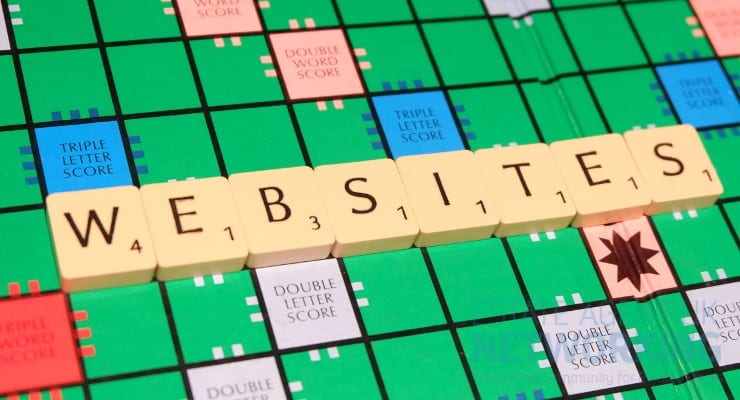Managing Your Real Estate Business Website
Creating a real estate website or having one developed for your business is crucial in the digital age. This is where you post the properties you have on offer, get in touch with your clients, and even provide additional information for those who need it. To ensure the website serves your business well, it should be managed well as you would do with your other business assets. Here is how to do so.
Keep it Updated
Once the website is complete, you might be tempted to leave it alone as long as it is doing what you need it to. This is not the right approach because user demands and design trends change all the time, and you need to keep up to ensure your website remains a competitive and useful asset for your business.While a well-managed website is crucial in running your real estate business, ensuring your business is properly set up is just as vital. This involves deciding on a legal structure for your business, and an LLC, or Limited Liability Company, is an attractive option due to its beneficial tax provisions and liability protection. Finding a reliable llc service to handle this establishment process can take a lot of weight off your shoulders and allow you to focus more on other facets of your business like your website and operations.
Start by applying updates and patches to the software you use for security reasons. Next, regularly check other websites in the niche to ensure yours is not looking dated. Integrating new features such as virtual and 3D tours will also help your website help your business land more clients.
Hire a user experience expert from time to time to check the website for any issues and to see if you need a website redesign.
Add New Content Regularly
Adding a blog to your real estate website is a great move because doing so is an integral part of SEO and content marketing strategies. A blog allows discoverability because it allows your website to be indexed and ranked on search engine result pages.
If you decide to add one, you need to create content for it regularly. Doing so increases the number of pages that can be indexed and ranked while giving repeat visitors something to read every time they visit the website.
There are different types of content you can create for your real estate website’s blog including textual content, videos, infographics and more. If you want total control over the quality of the content posted, you can create this content yourself.
There are numerous tools at your disposal, including online ones, that will help with the creation of different blog assets such as charts and infographics.
For a seamless content creation workflow, you need the right tools which means getting a computer with adequate performance and the right software. For the computer, there are affordable options that feature the new Intel Arc discrete graphics cards. You can check out the Lenovo Intel Arc guide for more information. For the software, tools like Adobe Photoshop and Lightroom should be adequate.
Connect It to Your Social Media Accounts
Real estate is a highly visual niche as most people want to see the property they are buying or renting before they do so. Having social media profiles lets you post content related to the property you have for sale or rent on platforms that are built for it.
You can then connect these social media profiles to the website for content reposting and to make it easier to funnel people from different platforms to the website for sales and marketing reasons.
Managing your real estate business website is not as difficult as most people believe. As long as you are providing value, ensuring your website is up to date and using your website as part of your marketing strategy, it should provide excellent value to your business.









